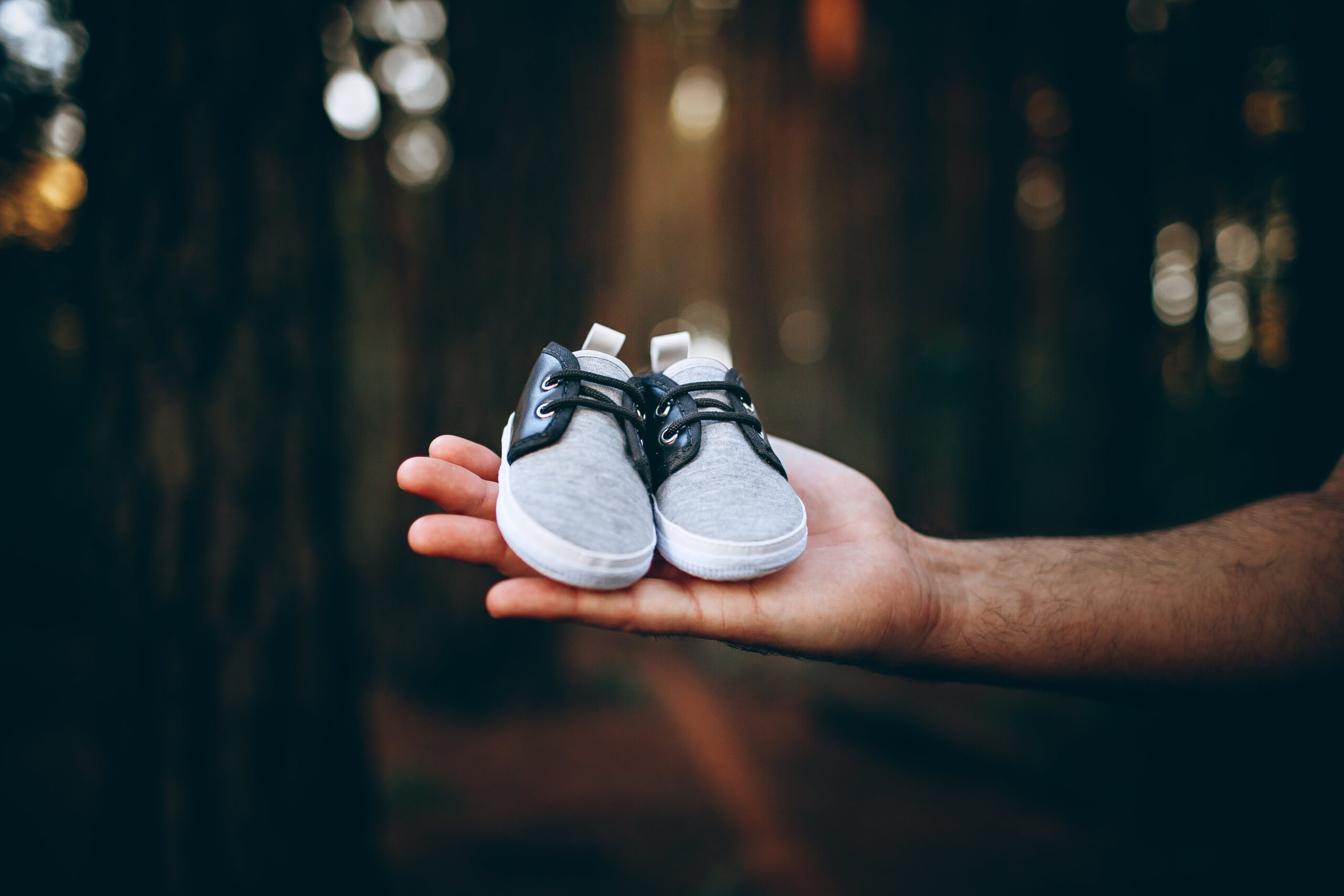Do you think you buy the right footwear for your baby?
When talking about the development of your baby, baby footwear seems to be a trivial or unimportant topic. You think that you will just pick the prettiest and cutest shoes for your baby, and not mostly minding about how good and safe they are for him or her. You may think your baby won’t probably mind or most likely cannot complain with words to tell you how uncomfortable they feel with a certain pair of footwear.
However, as your baby grows and starts taking his or her first steps, proper posture is one of the important things to anticipate. So to attain your baby’s proper posture, a proper footwear should be in order. However, this is not one of priorities in many parents’ minds. All they want to buy is those heart-meltingly cute tiny sneakers for their baby. But pediatricians and foot doctors say that, however adorable they are, they may not be good for your child’s feet.
Less is more — and better (at least for your child in his or her early years)
Some people buy shoes with rigid soles which they believe will offer stability and help keep the baby’s foot in position. However, doctors tend to agree that less is more when it comes to footwear for the baby, especially in his or her first few years of life.
A baby’s feet and legs consist mostly of cartilage. As the baby grows up and becomes a child, the cartilage continually develops into a bone, which will fully mature at age 17. Bones and joints in children’s feet are quite flexible, even when a child reaches puberty. And since your kid’s feet bones and joints are very flexible, they can easily be aggravated by poor habits, injuries and of course, the wrong footwear.
At this stage, your baby’s feet are still soft and in the process of hardening as well as developing their arches. According to doctors, if you let your baby wear rigid shoes, they could constrict ther soft feet and therefore prohibit them from developing properly.
Besides, baby shoes with stiffer soles will most likely make walking more difficult for your child. It is because your baby’s feet are still heavy which makes them more likely to trip.
When your baby starts walking, going barefoot is still ideal, because it will enable your child to walk and balance better where he/she can use his/her toes to grip. To protect your baby from stepping into things as he/she takes his/her first steps, wear your baby’s feet with socks with rubber grips underneath to prevent them from slipping.
Choose the most flexible footwear for your baby
When your baby becomes a toddler and starts wobbling outside your house and into your backyard, they will need more protection for their feet. Since socks won’t do alone, you should choose the most flexible shoes that can bend and twist. Also, choose shoes that have rubber soles over shoes with leather soles because rubber won’t be likely to slip. Don’t buy shoes that are made of rigid materials. Instead, buy shoes whose upper part is made of softer material. More flexible, and softer shoes likely tend to “follow” the movements made by your child’s feet as they’re more bendable. Flexible shoes will also support the development of your child’s arches. Besides, these kind of shoes are guaranteed to be comfortable and safe as shoes of softer material won’t cut into your child’s delicate skin, or make your child’s feet swollen.
A few more tips for buying shoes and care of your child’s feet
When buying shoes for your baby, go for the closed-toe varieties. Otherwise, when kids wear open-toed shoes, their feet will be liable to scraping because kids tend to drag their toes on the surface.
Choose trusted kids footwear brands such as Stride Rite, which puts much emphasis on a child’s healthy foot development. However, for people who can’t afford an expensive pair for their children, they can do the bend-and-twist test at any retailer who can offer a more affordable price. Besides, babies are not going to wear them for that long, so unless you are well-off you won’t surely go all out to buy an expensive pair of kiddie shoes. What matters most is comfort for your baby’s feet.
You must also remember that a baby cannot talk or complain verbally just yet to tell you if he or she’s upset, until you find out that the shoes are too tight or worse, cause blisters to your child’s feet. And since babies and younger children cannot tell you if the shoes are too ill-fitting for them, it’s also important to check your child’s feet every now and then, as they can experience sudden growth spurts.
When your child reaches pre-school age, he or she can wear start wearing shoes with more support. The same rule applies to any kids with foot deformities. However, if your are worrying much about your child with such conditions, you should consult a podiatrist to see if your child needs any special treatments or accommodations. Deformities such as club feet, for instance, may require constant attention from a doctor. Casting and/or surgery may be done when the need arises.

